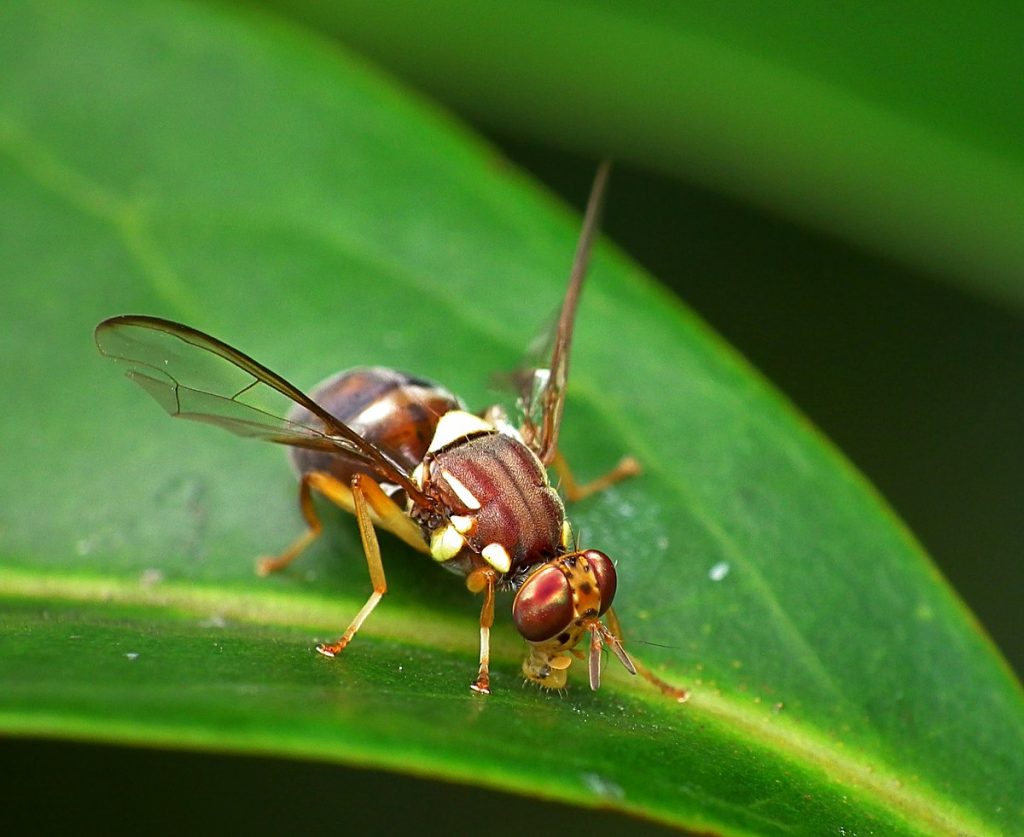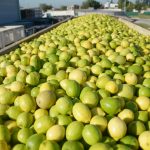NZ: Auckland lifts fruit fly controls after no further detections

Controls implemented by New Zealand authorities on the movement of fruit and vegetables in Auckland have been lifted, with no further Queensland fruit flies detected.
A month has passed since a fly was last found on the north shore, and two months since the first fly was caught. The finds resulted in weeks of intensive trapping and inspections of hundreds of kilograms of fruit.
The last Queensland fruit fly detection in Northcote was on March 14, which led to an increase in the on-the-ground operational response.
Biosecurity New Zealand teams on the ground removed fallen fruit from backyards, inspected compost bins, and placed bait on fruit trees to attract and kill adult flies, in particular females.
"With no further finds, we are confident that there are no breeding populations of Queensland fruit fly in the Northcote area, and because of that, the Controlled Area Notices can be lifted today, "says head of Biosecurity New Zealand Roger Smith.
"All operational activities, including baiting, have been completed, however, as a precautionary measure, we will be keeping in place an enhanced network of fruit fly traps for an extended period. If fruit flies are present, these traps will detect them."
The Biosecurity New Zealand signage and wheelie bins will be removed from Northcote over the next few days.
The lifting of legal controls follows similar moves on 22 March in Devonport (Queensland fruit fly) and in Ōtara (facialis fruit fly), after no further fruit flies were found in those areas.
Biosecurity New Zealand and the country's horticultural industries would like to sincerely thank the residents and businesses in all of the affected suburbs.
"Residents in the affected areas of Northcote, Devonport, and Ōtara have been incredibly supportive and patient with not only the movement restrictions but also the regular checking of traps on fruiting plants in their gardens and we're extremely grateful for the support," says Mr Smith.















































